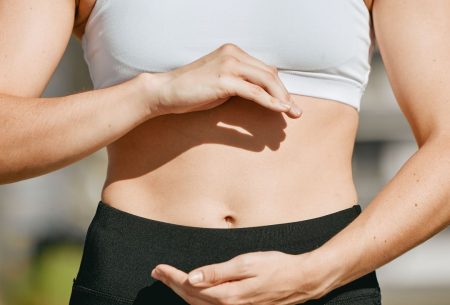Congenital sucrase-isomaltase deficiency (CSID) is an inherited metabolic disorder where you are unable to digest certain high sugar foods.
In normal digestion, food particles are broken down into smaller molecules by digestive enzymes, so they can be absorbed by the lining of the gut. In CSID we lack these enzymes (sucrase-isomaltase) due to a genetic abnormality.
Acquired SID is more common, and occurs as a result of to damage to the lining of the gut. This could be caused by factors such as infection, Coeliac Disease, Irritable Bowel Disease or Chemo/Radiotherapy.
Many people struggle with the digestion and absorption of carbohydrates (starchy foods), and people are often advised to reduce certain types of carbohydrates in their diet (as with the low FODMAP diet).
In practice, not everyone responds to the low FODMAP diet. Whilst there may be many reasons for this, research suggests that there may be a number of people who are diagnosed with IBS, when actually their symptoms are due to CSID or SID.
When gluten-free, low lactose and low FODMAP diets have not proved successful in resolving or reducing symptoms, CSID or SID may be implicated.








 Some examples of higher sucrose foods include:
Some examples of higher sucrose foods include: 



